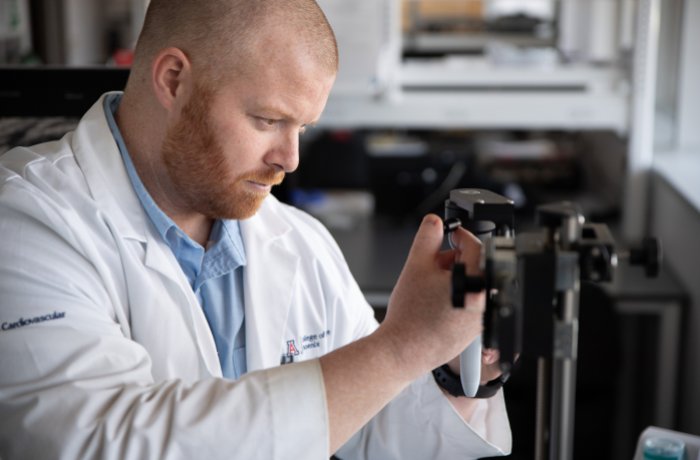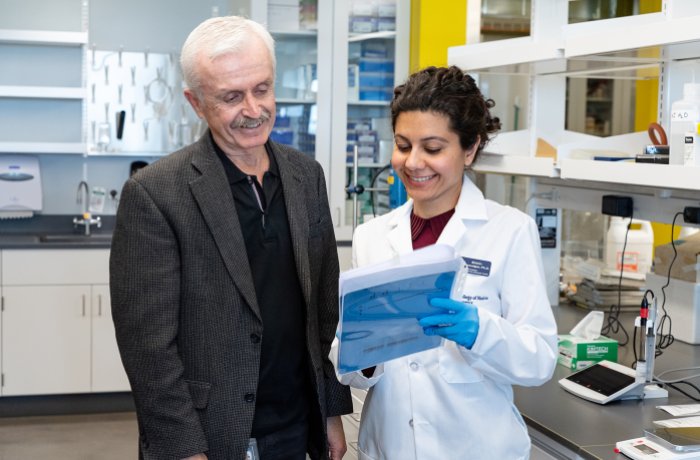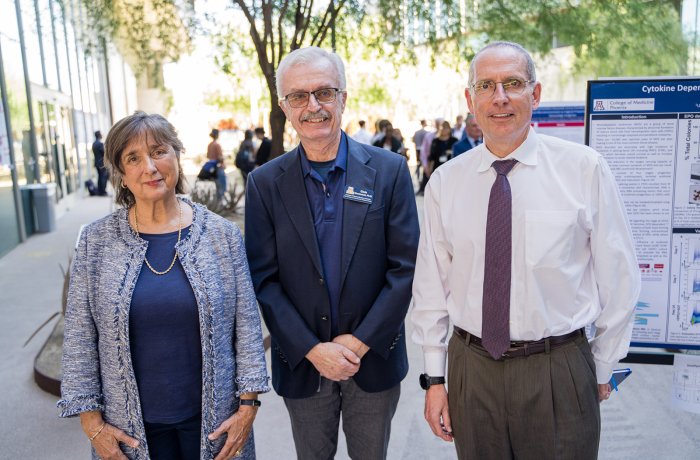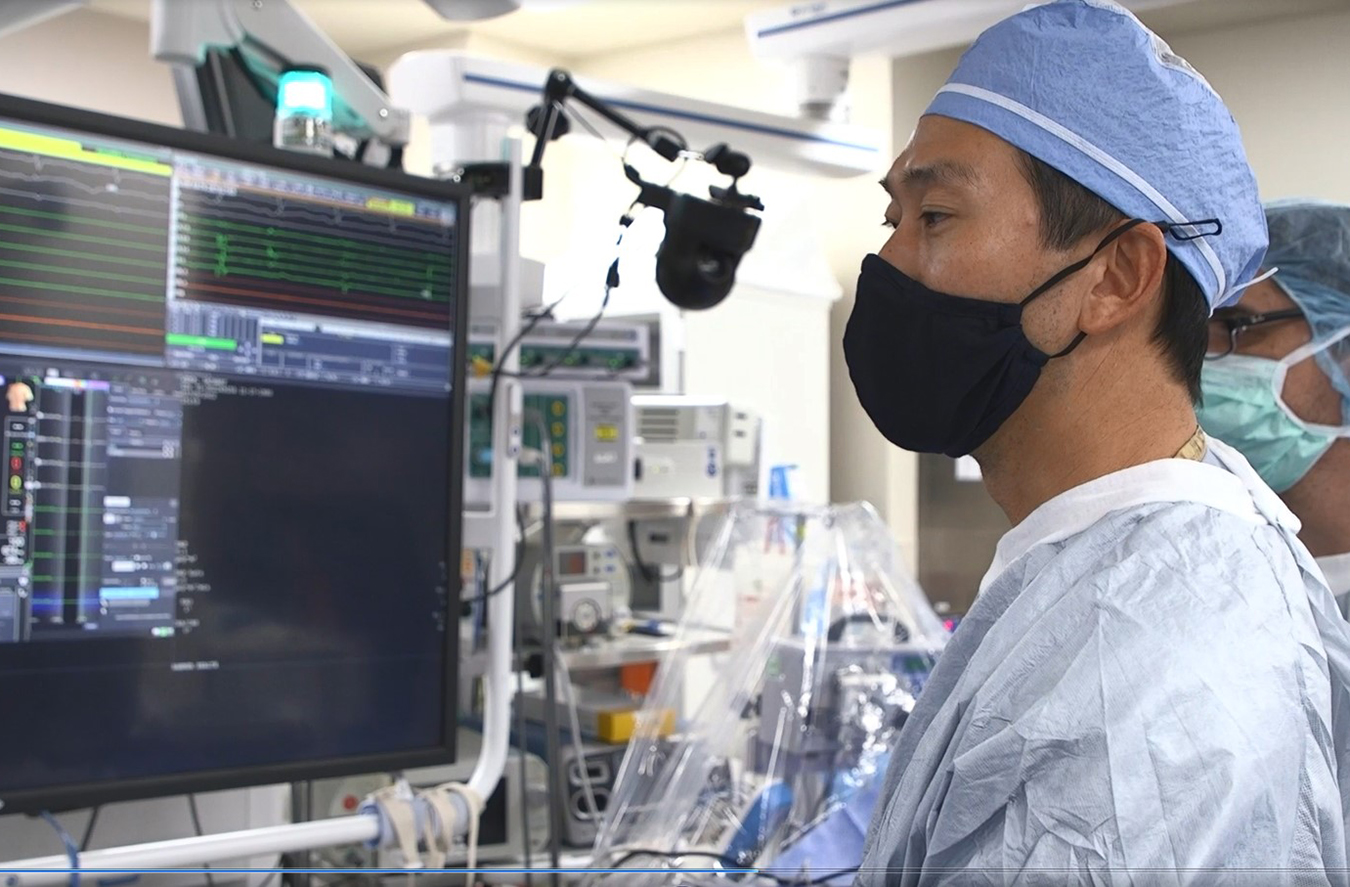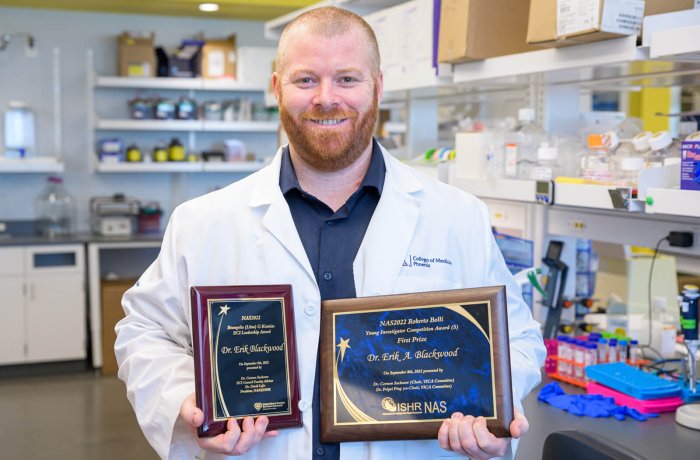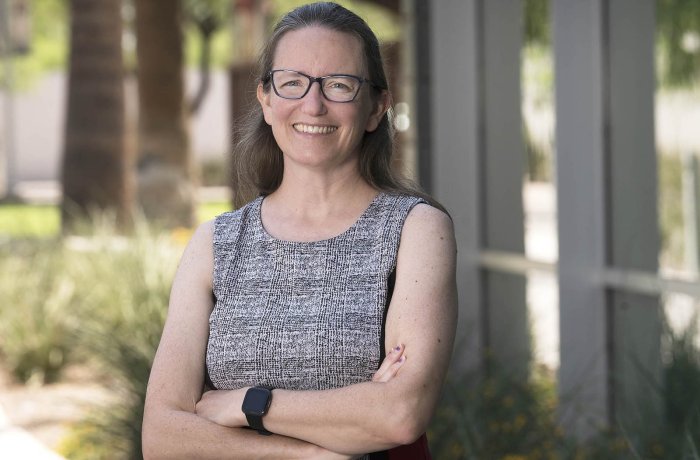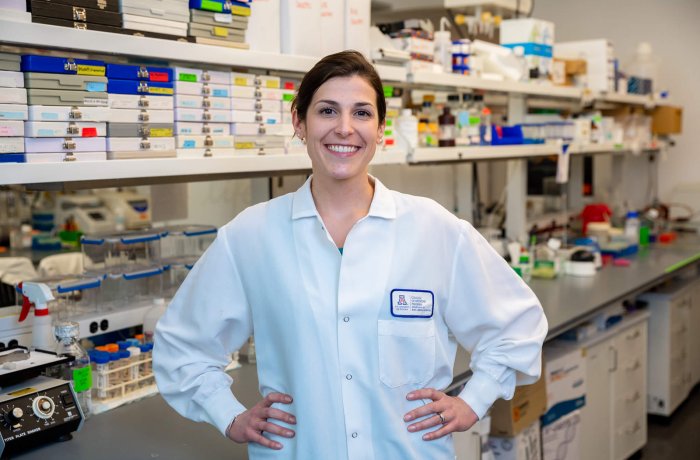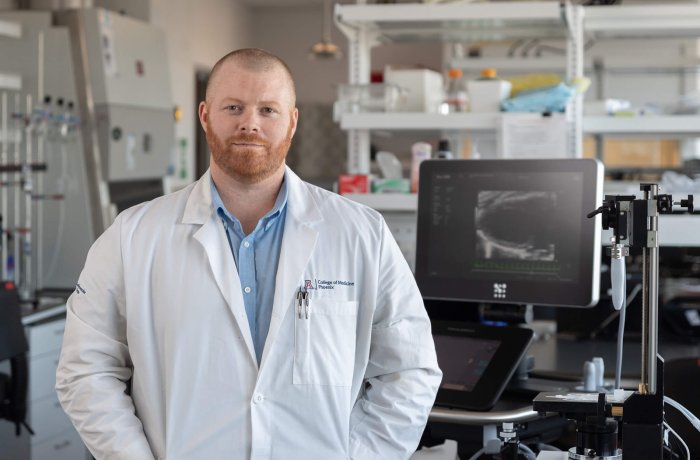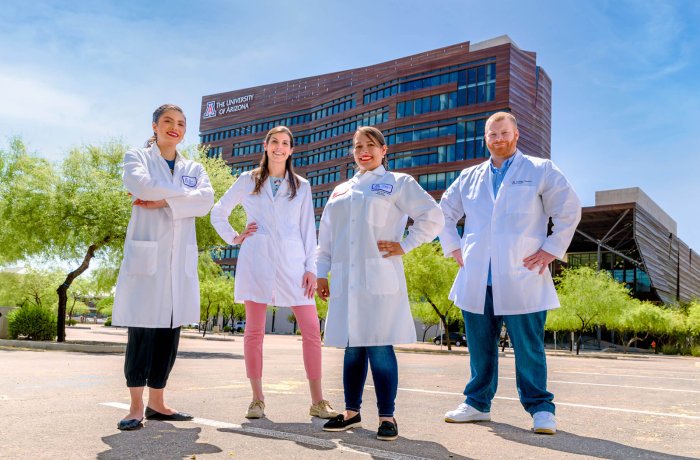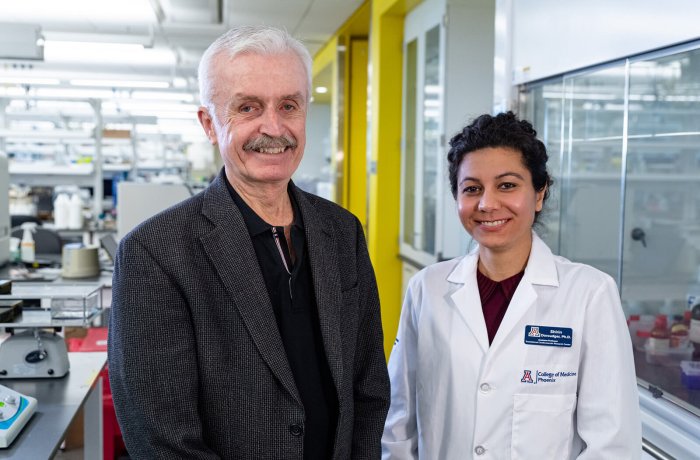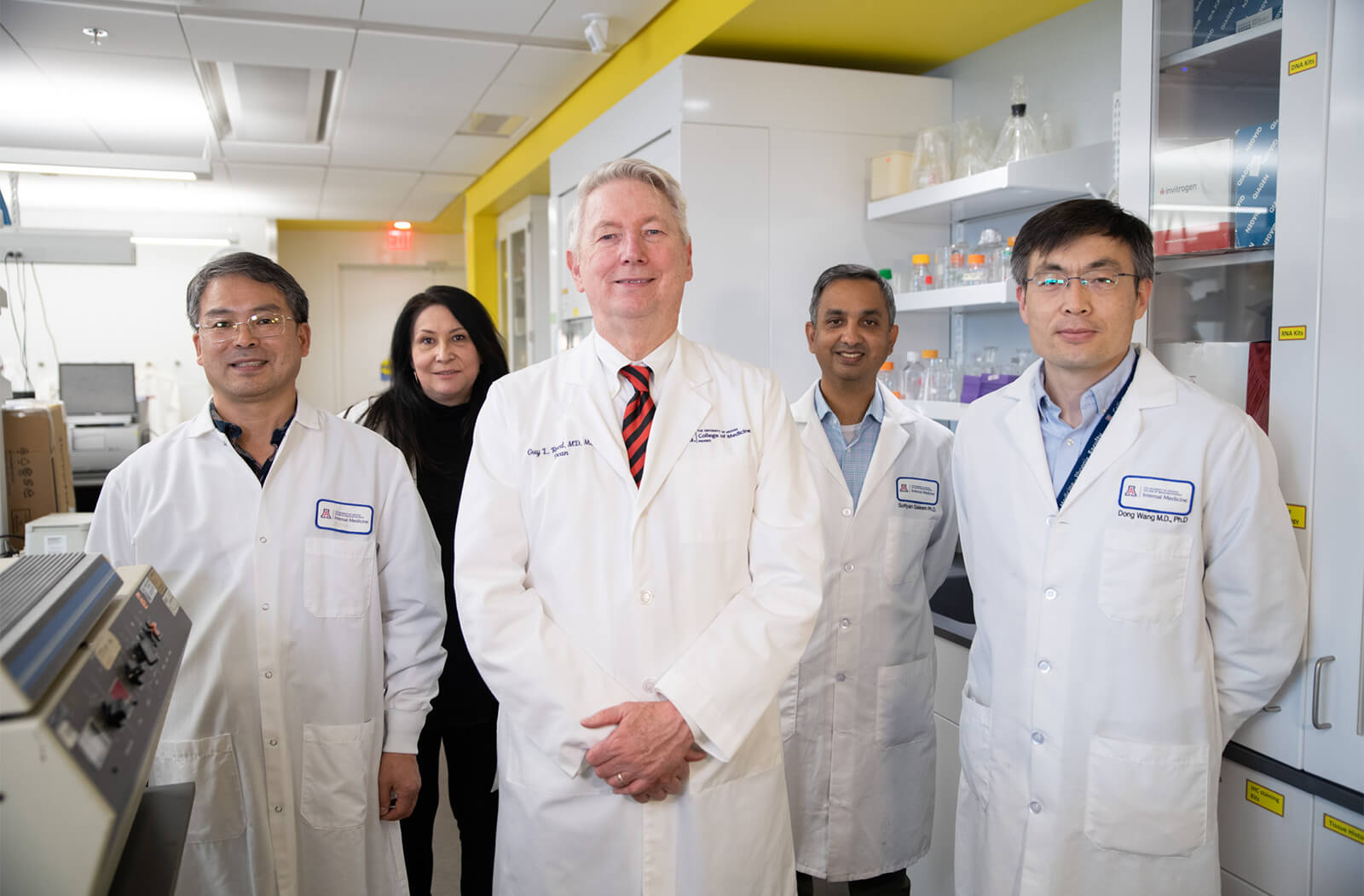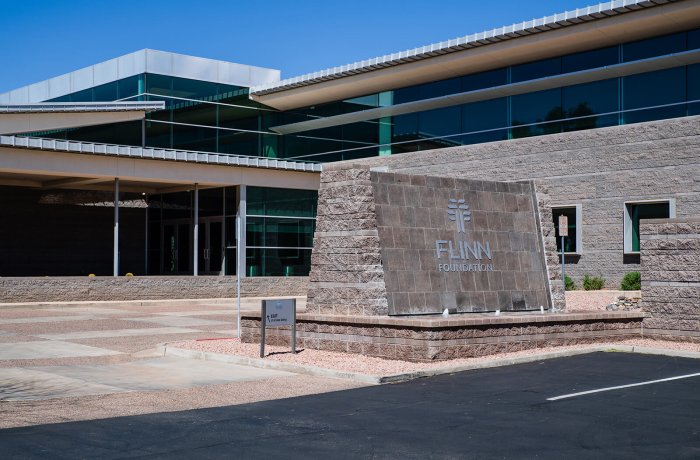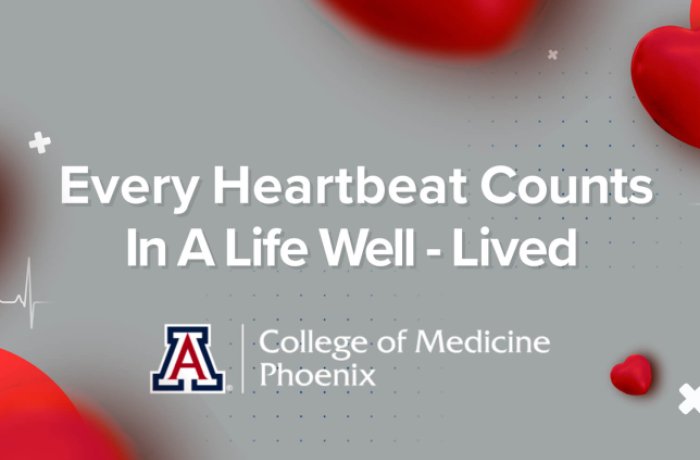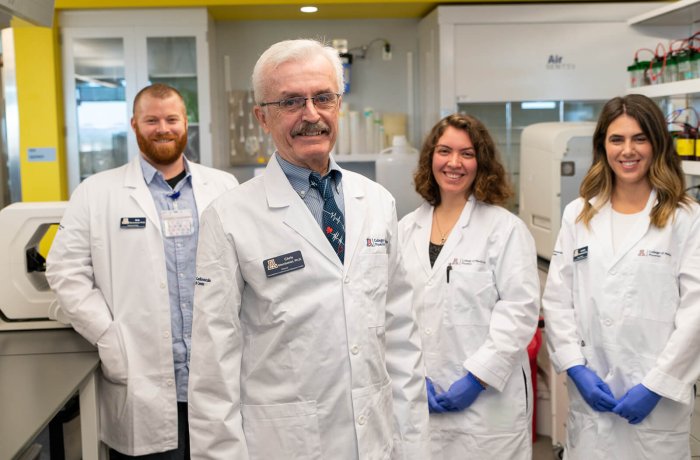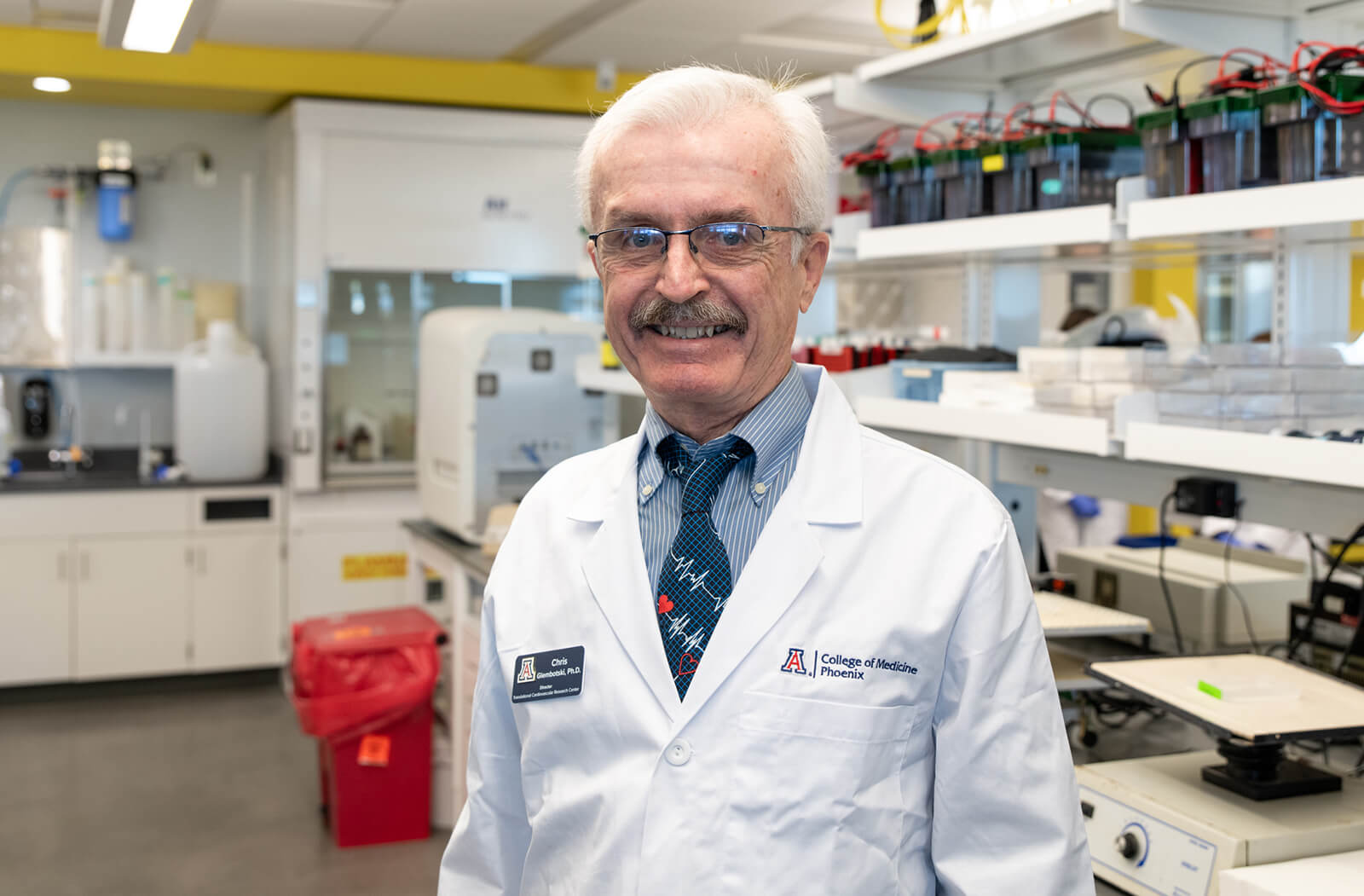Heart disease is the #1 killer of both women and men in the United States. The latest heart disease and stroke statistics from the American Heart Association reveal that nearly half of the adults 20 years and older in the U.S. have some form of cardiovascular disease.
These statistics bely the enormous progress research and prevention efforts have made toward combating cardiovascular disease.
“There has been enormous progress in heart disease over the last 40 – 50 years. As a result of advancements in research and prevention, the mortality rate from heart disease has dropped by approximately 75 percent. Progress in heart disease has led to a prolongation of the average American life span by about seven years. It has been an area of pride for the scientific community as well as the education community. The challenge going forward is that it is projected by 2030, about 40% of Americans will have cardiovascular disease, and the costs of cardiovascular care will rise to approximately $1.1 trillion per year.” — Guy Reed, MD, MS, Dean Emeritus, professor of Internal Medicine, on the reimagine Medicine podcast (episode 5)
The University of Arizona College of Medicine – Phoenix embraces the challenge of transforming the role of heart disease in Arizona — and across the United States. Through close scientist-physician collaborations, these high-skilled investigators are extending discovery into practice — propelling patient care — and are leading discoveries in women’s heart health, a critical area of need.
Recent discoveries include: the link between radiation, cigarette smoking and cardiovascular disease; the mechanism of blood clots and how they relate to vascular disease; as well as the risk of heart failure in patients with high blood pressure.
These innovative research efforts have earned our faculty numerous distinctions, grants and awards from the National Institutes of Health (NIH) and other organizations.

